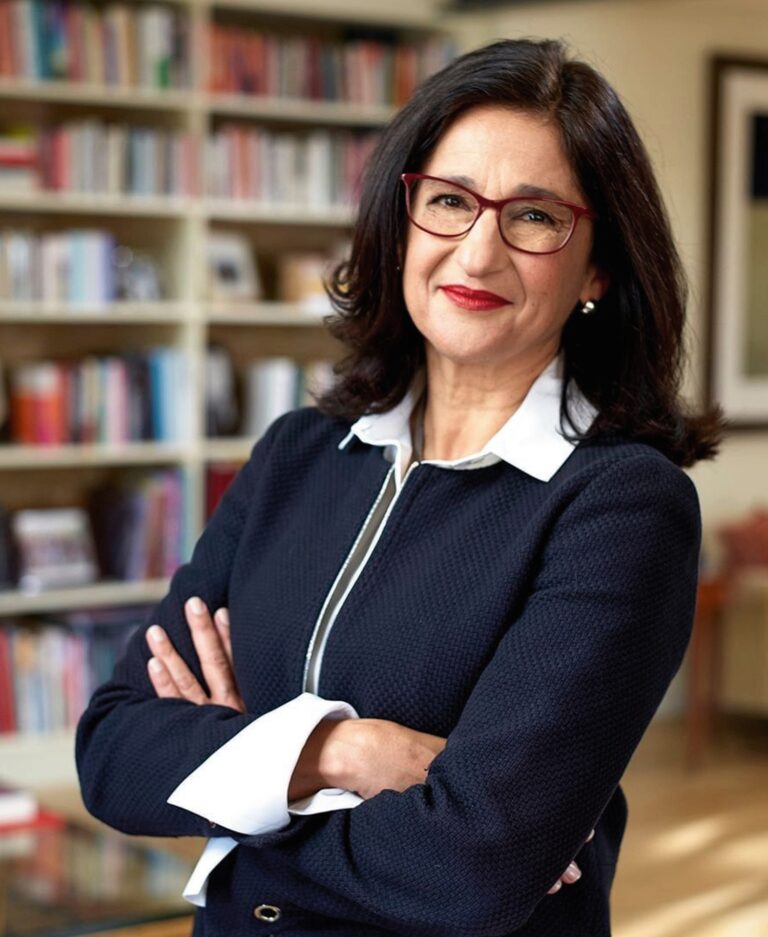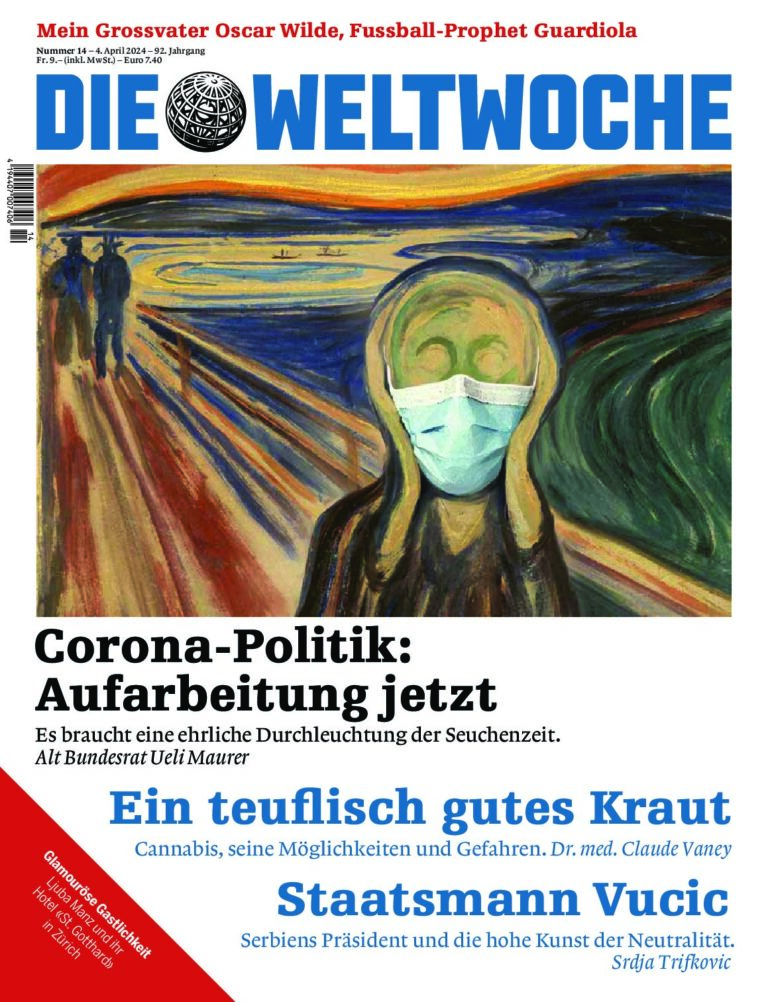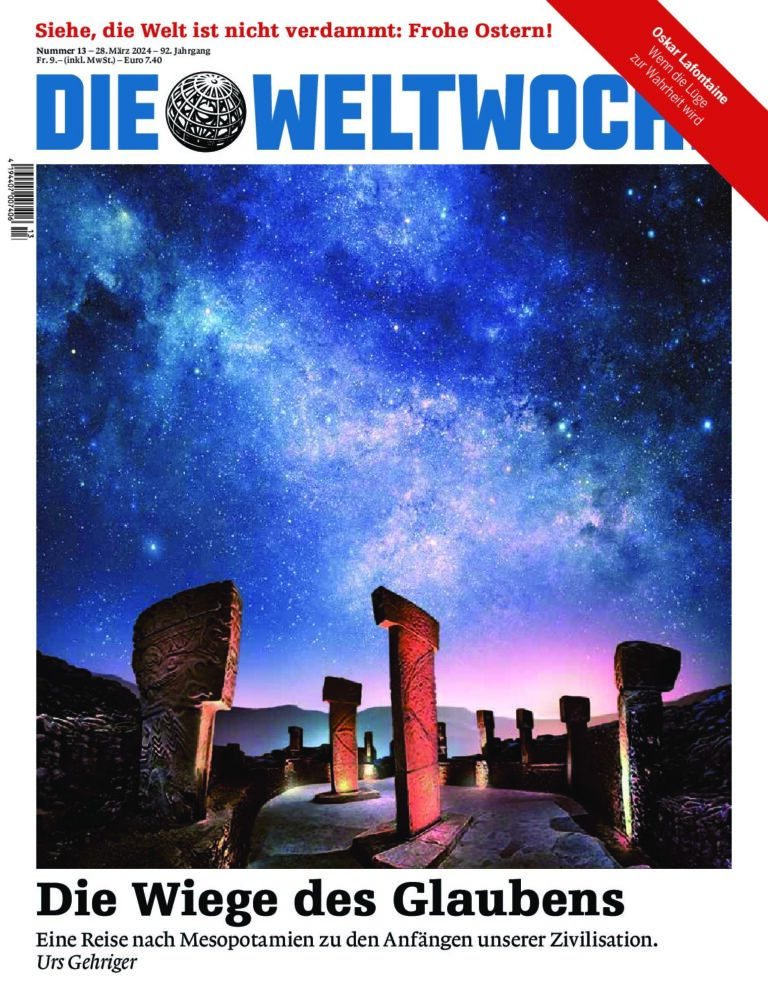

The ultimate ‘trimmer’: Minouche Shafik
Bild: Mark Bader/Columbia University
Minouche Shafik is a figure in the self-congratulatory global elite that both lectures and rules us. As president of Columbia University she has met her Waterloo.
Bitte beachten Sie die Netiquette-Regeln beim Schreiben von Kommentaren.
Den Prozess der Weltwoche-Kommentarprüfung machen wir in dieser Erklärung transparent.









 Francis Pike
Francis Pike